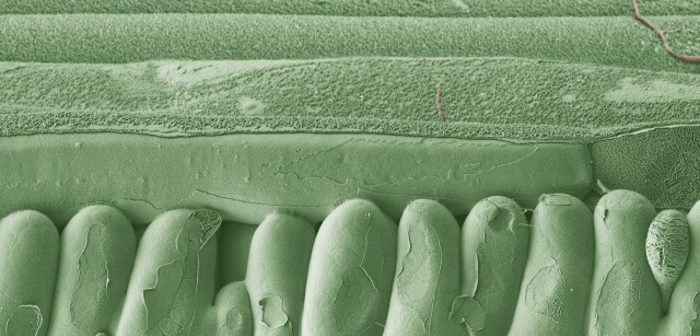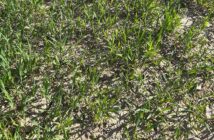Syngenta’s powerful, new SDHI fungicide Elatus Era, based on the novel active ingredient Solatenol in co-formulation with prothioconazole, has been registered ahead of the 2017 season.
Speaking of the good news, Andrew Curtis, cereal fungicide campaign manager, explains the significance of this announcement for the Syngenta team. “This fantastic product is a direct result of our sustained investment into research and development over a 15 year period.
“It’s been no mean feat, and a lot of hard work has gone into what we’ve achieved, right from the lab through to the field.
“This is the biggest Syngenta UK product launch in over 10 years, and it’s great to see Syngenta back in the T2 market with a product that has been described as ‘class leading’ by independent experts.
“We’ve already seen the fungicide registered in Latin America and Europe, and performing very well for growers, so we’re delighted to have registration in the UK in good time for the 2017 season,” says Mr Curtis.
The label states that Elatus Era is registered for use on wheat, barley, rye and triticale for the control of all major cereal diseases, at a maximum rate of 1l/ha, providing a powerful and consistent option for growers to use as part of their crop protection programme.
Jason Tatnell, technical indication expert at Syngenta, explains what this means for growers. “To have registration ahead of season is a huge bonus for growers, meaning they can get stocks in, well ahead of the critical T2 timing in wheat.
“With hundreds of field trials carried out within the UK and Europe since 2011 Elatus Era has proven itself to consistently deliver yield benefits due to its ability to enhance green leaf area, and offers excellent activity on Septoria tritici and market leading activity on rusts.
“It’s performed well in both high and low disease pressure years, and across multiple locations, varieties and crops.
“We’re delighted to have registration confirmed so that we can now deliver this fungicide innovation to the market,” says Mr Tatnell.
The picture shows Septoria on wheat day 20 of infection after preventative Elatus Era treatment




